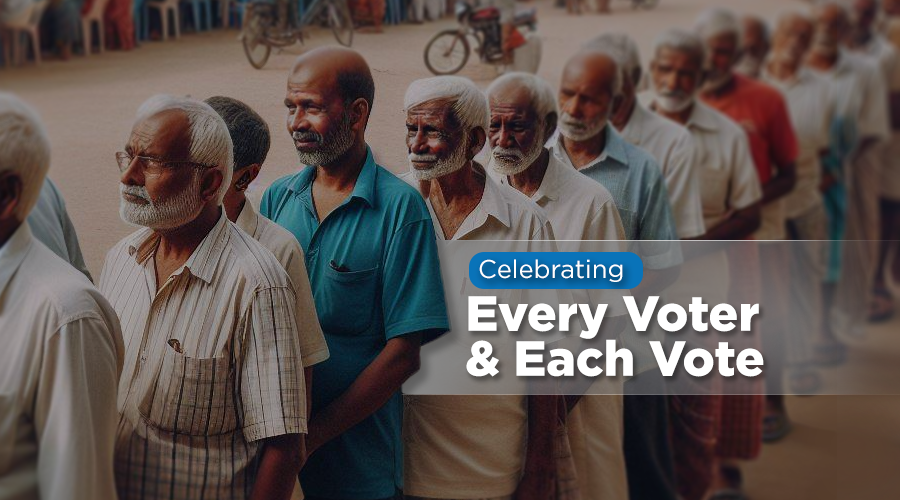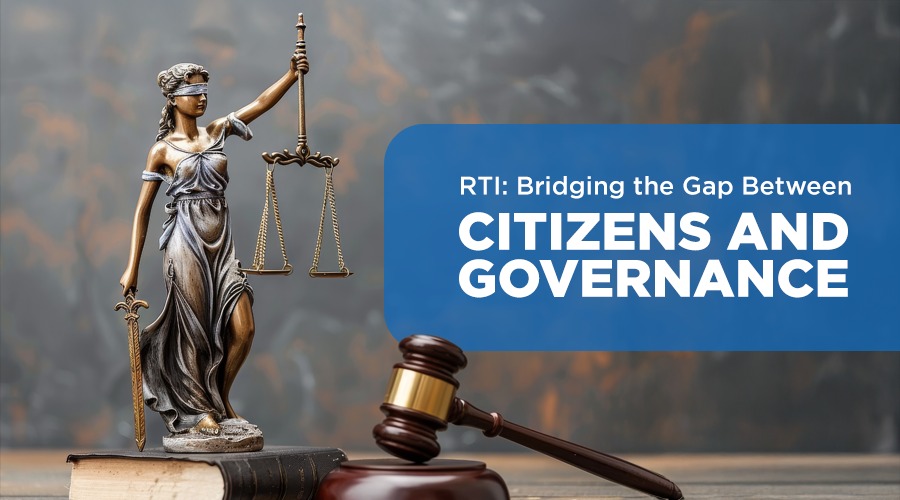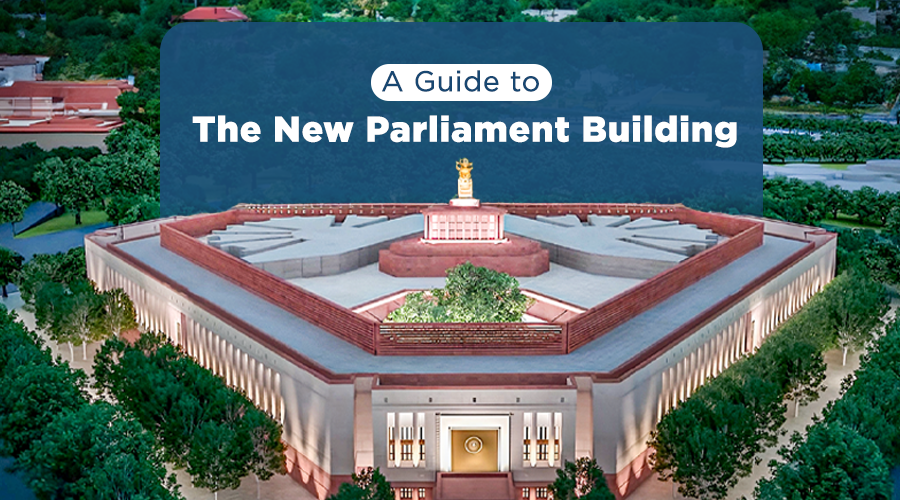In the kaleidoscope of democracy, the profound truth resonates: “If you don’t vote, you lose your right to complain.” Though our democracy has progressed, the importance of the power of a vote to usher in democracy is yet to be fully realised by every citizen of the country. The inception of National Voters’ Day in India is rooted in the historical significance of the Election Commission of India (ECI) and its commitment to promoting democratic values. Despite its pivotal role in promoting democratic values and celebrating the citizens who form the backbone of the nation’s electoral process, the story behind the inception and purpose behind this observance remains obscure.
The Genesis of National Voters’ Day
The idea behind this observance can be traced back to the 25th anniversary of the Election Commission of India in 2010. The choice of January 25th for National Voters’ Day was quite symbolic. It commemorates the foundation day of the Election Commission of India, which came into existence on January 25, 1950. As India celebrated this milestone, there was a collective realisation that merely acknowledging the existence of the Election Commission was not enough. There was a need for a more proactive and engaging approach to encourage citizens, particularly the youth, to actively participate in the democratic process.
The Election Commission, headed by Chief Election Commissioner Dr. S. Y. Quraishi at the time, envisioned a day that would go beyond the routine electoral activities. It aimed to create an annual event that would serve as a catalyst for promoting voter awareness, education, and participation. The outcome of this vision was the establishment of National Voters’ Day, celebrated for the first time on January 25, 2011.
The Objective of National Voters’ Day
The objectives behind the inception of National Voters’ Day were multifaceted.
1- Encouraging Youth Participation:
the day aims to address the issue of voter apathy, particularly among the younger generation. The organisers recognized that engaging with the youth was critical for the long-term health of Indian democracy. By dedicating a day to celebrating the power of the vote, they hoped to instil a sense of responsibility and civic duty among the youth, encouraging them to actively participate in the electoral process.
2- Enhancing Electoral Literacy:
The initiative sought to enhance electoral literacy by not just getting people to vote but to make informed and conscientious choices. National Voters’ Day became a platform for the Election Commission to conduct educational programs, workshops, and campaigns across the country. These initiatives aimed to demystify the electoral process, explain the significance of each vote.
3- Inclusivity and Accessibility:
National Voters’ Day was conceived as a means to ensure inclusivity and accessibility in the electoral process. Special efforts were made to reach out to marginalised communities, remote areas, and educational institutions. The objective is to make voter registration and participation more straightforward, breaking down barriers that might deter eligible citizens from exercising their voting rights.
Impact of Voter Awareness
1- Increased Voter Registration:
Did you know, as per the Election Commission of India’s records, the total number of individuals enrolled in the Voter ID database, as of the final publication of the electoral roll on January 1, 2023, stood at 94,50,25,694. In 1951, India had 17.32 crore registered voters, a number that increased to 19.37 crore by 1957. Fast forward to the last Lok Sabha elections in 2019, and the nation witnessed a substantial growth, boasting a total of 91.20 crore voters. These figures underscore the evolving landscape of voter participation in India over the years.
2- Improved Youth Engagement:
As per Centre of Public Policy Research, In 2009, recognizing the need to address gaps and stagnation in both voter registration and turnout, ECI introduced the Systematic Voter’s Education and Electoral Participation (SVEEP) program. This initiative aimed to engage and educate voters, particularly focusing on the youth demographic. The impact of such efforts became evident in the subsequent general elections in 2014 when the total voter turnout surged from 58.2% in 2009 to an impressive 66.4%. Notably, the youth vote witnessed a remarkable growth, soaring from 58% in 2009 to an even higher 68% in 2014, surpassing the average voter turnout.
3- Better Voter Turnout:
One of the notable impacts is the improvement in voter turnout during elections. As citizens become more aware and responsible, they are more likely to exercise their right to vote, contributing to a healthier and more representative democracy. As per statistics, In 2009, the voting percentage was recorded at 58%, a figure that witnessed a notable surge to 66.4% in 2014. The momentum continued in the 2019 Lok Sabha Assembly Election, where India witnessed its highest voter turnout at 67.6%. This positive trend reflects the success of initiatives like National Voters’ Day and other voter education programs in motivating citizens to actively participate in the electoral process.
Call to Action to All Voters for Lok Sabha Election, 2024
As we approach the Lok Sabha elections in 2024, it is imperative that every eligible citizen takes an active role in shaping the future of our nation. If you haven’t already, now is the time to ensure your voice is heard by registering as a voter. Your vote is not merely a right but a powerful instrument to influence the direction of our democracy. Registering as a voter is a simple yet impactful step towards building a stronger and more inclusive nation. Let us collectively strive for a voter turnout that reflects the diversity of our population, ensuring that the elected representatives truly represent the will of the people. Your vote has the potential to shape policies, determine the trajectory of our country, and contribute to the democratic process that defines our identity. Be the change you wish to see, register as a voter, and cast your vote in the Lok Sabha elections.
Election Habba: Electoral Awareness Campaign by B.PAC
In a dedicated effort to bolster voter turnout, promote electoral literacy, and foster civic engagement, B.PAC has taken the lead in launching a transformative initiative known as Election Habba. This pioneering campaign is designed to empower Bengalureans by imparting crucial knowledge about the significance of their votes, the intricacies of the electoral system, and the profound impact their participation can have in shaping the government. Through a combination of innovative drives and impactful social media awareness campaigns, B.PAC strives to instil a sense of civic responsibility, encouraging citizens to actively participate in the democratic process and make informed choices during elections.
Making Every Vote Count, No Voter to be Left Behind
As we celebrate the 13th National Voters’ Day, let’s take a moment to appreciate the profound journey we’ve undertaken to become an independent democratic nation. Our freedom came at a significant cost, making it even more crucial for us to cherish our birthright- the Right to Vote. Together, our votes have the power to choose and shape our government, and, if need be, to bring about change. Through our votes, we express our thoughts, values, and aspirations, recognizing that each voter contributes to setting our nation on the right path. On National Voters’ Day, let’s find inspiration in the simplicity of casting our votes, understanding that every vote counts in painting the canvas of our collective future.





